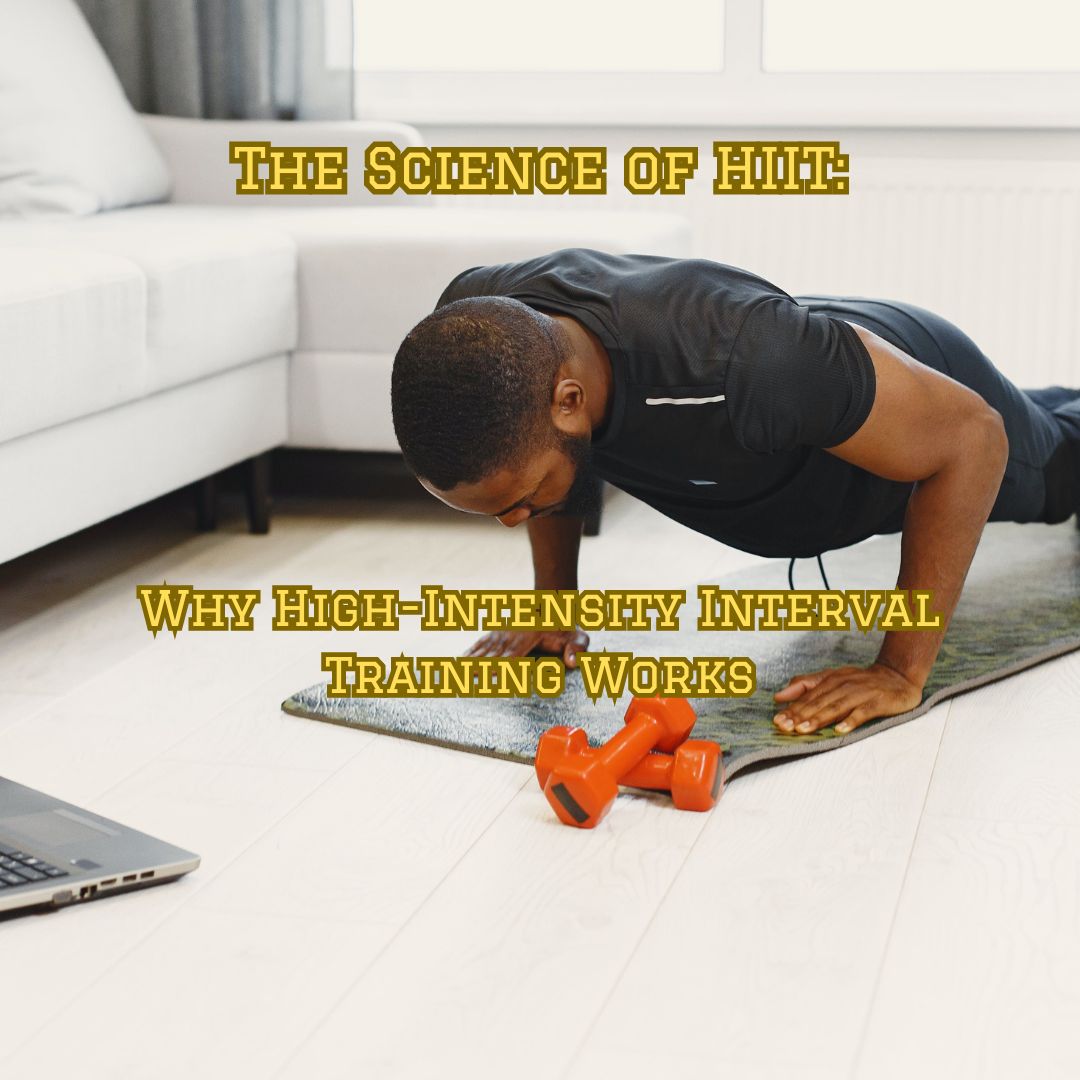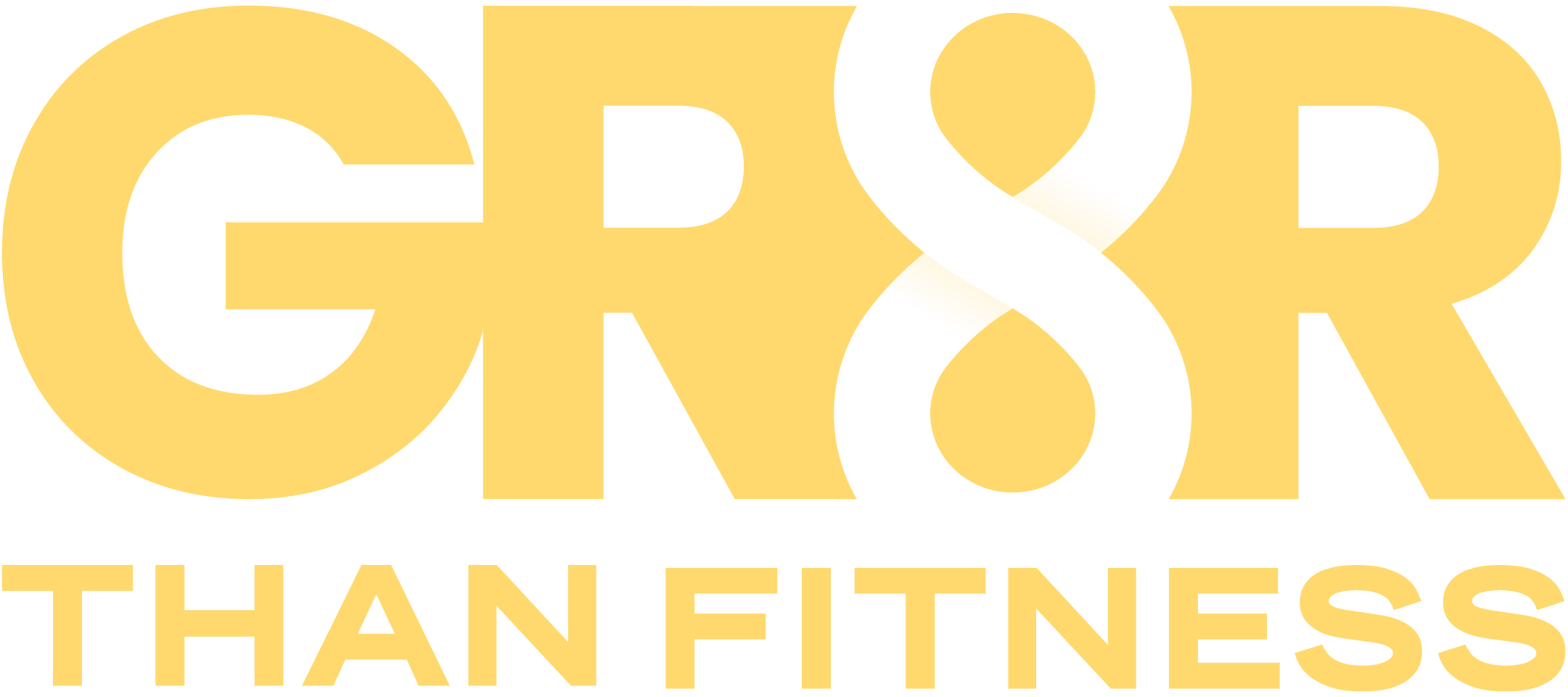Your basket is currently empty!
Blood Type Diet: Myths, Science, and Risks
GR8R is a call to action. A movement to get people to recognise their worth and overcome the challenges that lie between who they are and who they want to be. Join us in removing the barriers to activity and encouraging anyone to active, anywhere, and anywhen.
·

The Blood Type Diet is a concept that has captivated the public since it was introduced in the 1990s. Promising personalized health benefits tailored to your blood type—A, B, AB, or O—it claims to improve energy levels, digestion, and even prevent diseases. At the heart of this theory is the idea that lectins, proteins found in many foods, interact differently with each blood type, influencing how our bodies process nutrients.
While this idea sounds scientifically plausible, experts have consistently debunked the diet due to its lack of evidence and potential risks. Let’s explore how the Blood Type Diet works, the lectin theory that underpins it, the principles behind its dietary recommendations, and why this approach remains highly controversial.
The Principles Behind the Blood Type Diet
The Blood Type Diet categorizes individuals into specific dietary plans based on their blood type. Each type is assigned foods and eating patterns purportedly aligned with human evolutionary history:
Type O: The “Hunter” Diet
- Diet Focus: High-protein meals with lean meats, fish, and minimal grains or dairy.
- Rationale: Type O is theorized to represent the first human blood type, linked to ancient hunter-gatherer diets.
- Claimed Benefits: Improved energy, digestion, and weight loss.
Type A: The “Cultivator” Diet
- Diet Focus: Plant-based eating, emphasizing vegetables, fruits, grains, and legumes while avoiding most animal proteins.
- Rationale: Type A supposedly emerged during the agricultural revolution, necessitating a shift to vegetarian-friendly diets.
- Claimed Benefits: Reduced inflammation and better cardiovascular health.
Type B: The “Nomad” Diet
- Diet Focus: A balanced diet including meat, dairy, and vegetables while avoiding chicken, corn, and wheat.
- Rationale: Type B is linked to ancient nomadic tribes, who consumed diverse food sources.
- Claimed Benefits: Enhanced immune function and metabolic efficiency.
Type AB: The “Enigma” Diet
- Diet Focus: A hybrid of Types A and B, combining seafood, dairy, and certain vegetables while avoiding red meat.
- Rationale: Type AB is considered the most modern blood type, blending traits from both A and B.
- Claimed Benefits: Improved digestion and overall balance.
These recommendations rely on the unproven assumption that evolutionary adaptations dictate how the body metabolizes food based on blood type.
The Role of Lectins in the Blood Type Diet
At the core of the Blood Type Diet is the theory that lectins—proteins found in foods like beans, grains, and certain vegetables—interact differently with each blood type. According to the diet’s creator, Peter D’Adamo, consuming “incompatible” lectins can trigger inflammation, poor digestion, and other adverse effects.
However, scientific evidence does not support this claim. Lectins are found in a wide variety of foods and are neutralized during cooking or digestion. Studies, including a 2014 review in PLoS One, found no connection between blood type and how the body reacts to lectins. Experts agree that the lectin theory lacks the biological foundation to justify blood type-specific diets.
The Risks of Following the Blood Type Diet
While the Blood Type Diet markets itself as personalized nutrition, it oversimplifies dietary needs and poses several risks:
- Nutritional Deficiencies
- Restricting entire food groups can lead to imbalances. For instance:
- Type O: Eliminating grains and dairy risks calcium and fiber deficiencies.
- Type A: A poorly planned vegetarian diet may result in inadequate protein intake.
- Restricting entire food groups can lead to imbalances. For instance:
2. Overgeneralization
The diet assumes that everyone with the same blood type has identical nutritional needs, ignoring factors like lifestyle, medical conditions, and allergies.
3. False Security
Followers may believe they can prevent disease or achieve optimal health solely by adhering to the diet, potentially neglecting proven health practices like exercise or regular medical check-ups.
4. Lack of Scientific Backing
Blood type antigens influence immune response, not digestion or metabolism. Research consistently shows no meaningful correlation between blood type and the effectiveness of specific diets.
Why Science Discredits the Blood Type Diet
The fundamental flaw of the Blood Type Diet lies in its lack of evidence and reliance on debunked theories. Blood type is determined by antigens on red blood cells, which play no role in how food is metabolized. Major studies have found no improvement in biomarkers like cholesterol, blood sugar, or inflammation among those adhering to blood type-specific diets.
Conclusion
The Blood Type Diet may appeal to those seeking personalized nutrition, but its foundation is built on unproven claims and flawed logic. Personalizing your diet is essential, but this should be guided by science, considering factors like age, activity level, and health conditions. Before making significant dietary changes, consult a healthcare professional to ensure they meet your nutritional needs.
Discover more from GR8R Than Fitness
Subscribe to get the latest posts to your email.
-

How to Stay Active with Limited Time
Busy schedule? You can still stay active! 💪 Learn how to fit quick workouts into your day with our guide on staying active with limited time. Every bit counts! #ActiveLife #FitnessOnTheGo #GR8RFitness
-

Zone 2 vs Swedish Intervals:
Choose between Zone 2 vs Swedish Intervals. How does each method impact VO2 max and overall fitness. Which training method is right for you?
-
Yoga for Beginners: Starting Your Journey
Discover the benefits of Yoga for Beginners in Botswana. Learn how to start your yoga journey with simple tips, a beginner’s routine, and local resources to enhance your practice.
-

The Benefits of a 10-15 Minute Morning Stretching Routine
Discover the numerous benefits of a 10-15 minute morning stretching routine. Improve your flexibility, reduce stress, and boost your energy levels with our recommended stretches. Start your day right with these easy exercises!
-

The Science of HIIT:
Discover the science behind High-Intensity Interval Training (HIIT) and why it’s so effective for improving cardiovascular health, burning calories, and building muscle.
-

Training for People Over The Age of 65
Learn how to maintain fitness and health with exercise training for people over 65. Discover safe and effective exercises, tips for getting started, and the benefits of staying active.

Leave a Reply